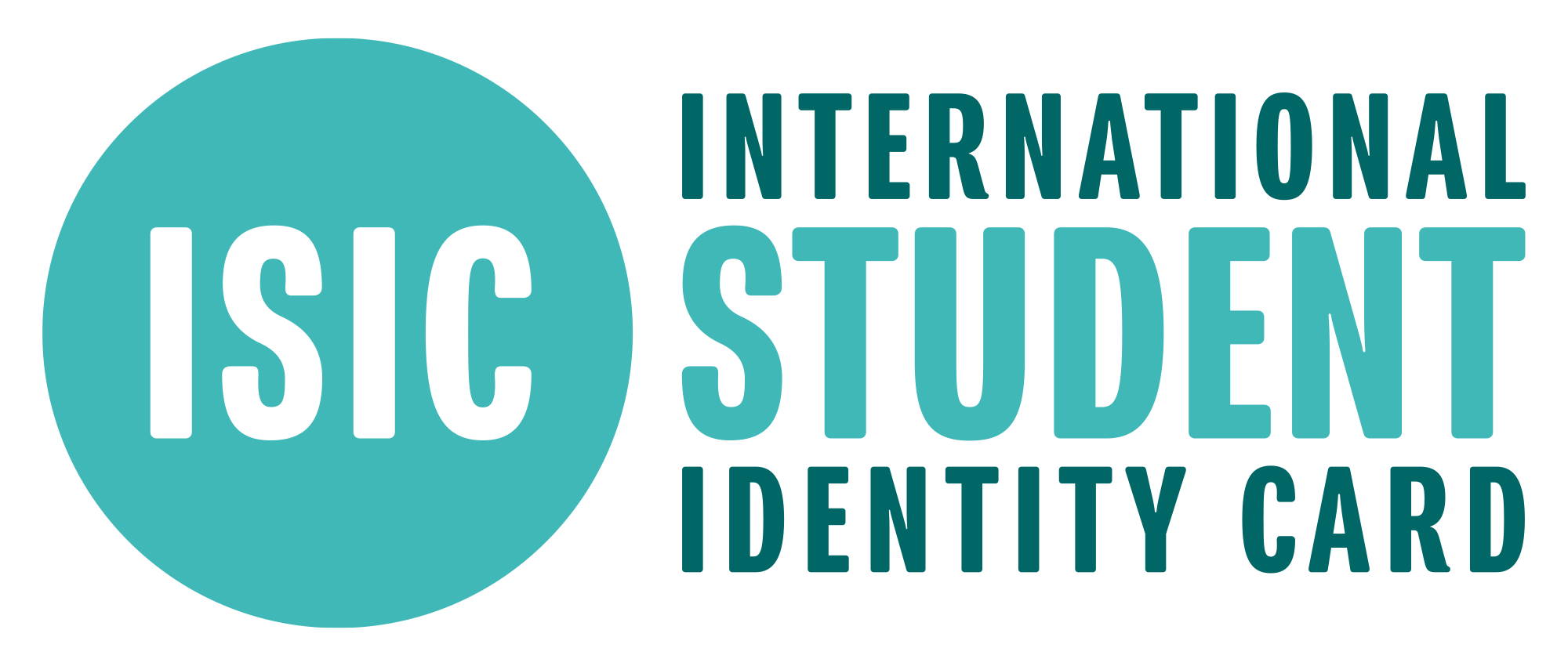
Done with your studies and itching to get abroad? Here are a few tips from ISIC to help you figure out, how to spend a longer time abroad when you are finished with your studies!
How to spend time abroad when you are finished with your studies?
When you graduate and finish your studies, you are proud of yourself and relieved, but you may also feel a bit empty. Maybe you haven't thought about what comes next, and you could also be pondering if the field you just specialized in is actually something you want to do for a living. When you feel lost with your future plans it may be a good idea to take a step back and leave life at home behind for a moment. We've gathered here a few different options for you to consider, when you wish to spend a longer time abroad after you've finished your studies. We hope that you'll find ideas and inspiration to your break out there in the wide world!
Volunteering
Volunteering is a great way to spend a longer time abroad and simultaneously genuinely give back to the local community at your destination. Volunteering projects range in duration from two weeks to up to two years, and you can choose from nature conservation, animal welfare, social and communal projects. As a volunteer, you get to work on projects that are important and directly help the local community, and you are also a part of everyday life through your work and project. You may also put your skills and yourself to a test while volunteering, and the work you do as a volunteer may help you think what you want to do, when you get back home, and generally drives you and is important to you in life. There are many destinations for volunteering abroad that you can apply to from the Nordic countries - check out some of the volunteering organizations on our Volunteering abroad article!

Workaway and Working Holiday
A Working Holiday is a fantastic option for 18-35-year-olds who want to both work and travel abroad. With a Working Holiday visa you'll be able to work and travel for up to 12 months in Australia and New Zealand and for 3 months in the US, all the while adding to your travel budget. The Working Holiday visa for Australia and New Zealand is a multiple entry visa, which means that you can leave and return to the country freely when your visa is valid. This makes it possible to visit neighboring countries during your Working Holiday amidst working periods. Working Holiday jobs in Australia and New Zealand usually are on the fields of agriculture and tourism, whereas in the US program you'll be working at a traditional American summer camp as camp instructor. Read more about the Working Holiday here.
Workaway is a service that connects travel enthusiasts and locals in need of a helping hand. The idea is that local communities and residents offer project or seasonal work to travellers in exchange for free accommodation (and sometimes meals). Some projects can also pay a nominal salary, but most are volunteer based. The work ranges from anything between helping maintaining an eco farm to assist teaching a language club. There are more than 30 000 projects globally in 184 countries so there are jobs to choose from, definitely! Check out Workaway's homepage for more information.

Internship and work
An internship abroad is a popular opinion right after graduation, and you shouldn't exclude it as an option even though you may have gotten working experience on another field or businesses than the field you studied. An internship abroad requires an independent, driven attitude to finding the right spot for you, even if you would use an agency to help you land and internship abroad.
After graduation the job markets abroad are also a good option to enhance your working skills and broaden your skill set. Applying for a job abroad involves some practicalities and formalities that you should be aware of from the start of the process. Do you need a visa to your planned destination country? How long are you planning on working abroad? Do you need a health and travel insurance from your destination country? Check out our tips to writing a CV and a job application abroad here. If you've done an internship abroad during your studies, and you really liked the place you worked at, why not give them a call and ask if they'd like you back now that you've got your degree in hand.
Perhaps you've thought about heading abroad to teach English? Many Nordic students and recent graduates speak English at an exceptional level, but it still may not be the best idea to head out there without any knowledge or experience in teaching a foreign language. If you haven't studied English or teach, take a look at what Ethical TEFL courses can offer you. Ethical TEFL organizes courses for those who want to teach English as a foreign language, and is a excellent option if you've planned on working as an assisting language school/club teacher abroad. After completing your course, you'll get an official Ethical TEFL diploma, which makes it a lot easier to apply for assisting teacher positions. The best thing is that as an ISIC card holder, you enjoy a student discount on your Ethical TEFL course!
Language courses and summer jobs abroad
Language courses and summer jobs abroad are also an excellent option to spending time abroad after your studies. Via EF, for example, you can apply to 43 destinations and choose from 7 different languages. Through Nordjobb, you'll find summer jobs all around the Nordic countries and you are guaranteed to learn at least a few words of another Nordic tongue.

Au pair
Au pair placements can be found globally and going abroad as an au pair is popular in the Nordics. The youth going abroad as au pair are usually aroun 18-30 years of age, but there is no age limit to working as an au pair. Au pair lives with a local host family and assists in the chores and childcare, most commonly. An au pair is a member of the host family and this is why au pairing is a great way to familiarize yourself with the local culture and daily life, and of course to gain new friends and loved ones.
As you can see, there are many options out there, and we have listed but a few. You could also just pack your backs and go travelling or continue your studies abroad. Why not try solotravelling? Travelling on your own will give you perspective to things at home, and you'll have time to get to know yourself and your future dreams while on the road on your own.
 Get your ISIC card
NOK 100
Get your ISIC card
NOK 100
